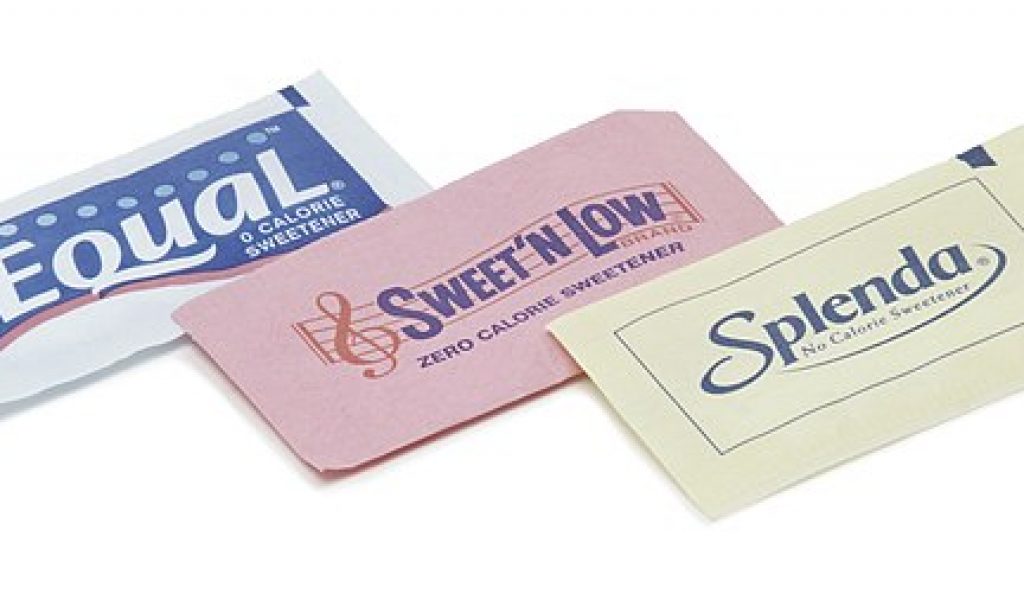
Artificial sweeteners have made headlines over the last few weeks as the World Health Organization has officially declared Aspartame, a major artificial sweetener, a possible carcinogen. Aspartame is present in over six thousand products worldwide and is found in many of our favourite foods and drinks including sweetening pills, diet fizzy drinks and sugar-free gum. The attraction of artificial sweeteners comes from their ability to bind to our ‘sweet receptors’ much more strongly than sugar, meaning they are sweeter than sugar in much smaller quantities. Therefore, the small amounts of the chemicals needed in products contain very few calories.
There has been disagreement over the severity of the risk; the Food and Drug Agency has disagreed with the WHO’s conclusion about aspartame, saying that the research had significant shortcomings and that there are no concerns when aspartame is consumed under the right conditions.
Many people are concerned as to what this might mean for their food and drink habits but the WHO says that, for the time being, we can rest assured as there is only a possible link between aspartame consumption and liver cancer. The organisation has stated that the current data is in no way conclusive in comparison to other better-known carcinogens like tobacco or asbestos.
The WHO’s guidelines haven’t changed since 1981: they suggest a daily maximum of forty milligrams of aspartame per kilogram of body weight. To put this into perspective, someone who weighs an average of 83 kilograms could drink up to 33 cans a day and still be within the limits.
Aspartame is one of the most studied chemicals in the food and drug industry as the FDA has continued to re-examine exactly how safe it is. For the latest review, the WHO’s committee looked at lab data, and animal and human studies. One such study that took place in France with 100,000 adults showed that people who consumed high quantities of food or beverages with artificial sweeteners like aspartame had a slightly higher cancer risk than those who consumed less. However, this was an observational study so it couldn’t determine whether the sweetener was the reason for the higher cancer risk. Also, it relied on people recalling exactly what they ate and drank during the test period, making it much less reliable.
There is a third option when deciding between a possibly carcinogenic fizzy drink and a very sugary fizzy drink
Perhaps quite humorously, Dr Francesco Branca, the Director of the Department of Nutrition and Food Safety in the World Health Organization, said that there is a third option when deciding between a possibly carcinogenic fizzy drink and a very sugary fizzy drink, and that is to drink water. Branca said this was particularly important for young children who studies have shown consume too many sweetened products.
Overall, the WHO has merely reconfirmed its findings on aspartame rather than being able to provide further guidance. As aspartame contains no nutritional value, it doesn’t add anything extra to a diet and has the small potential to increase the chance of cancer. There is no lesser of two evils between sugary foods and artificially sweetened foods, and unsweetened alternatives are always the preferable (although perhaps more boring) third option.


